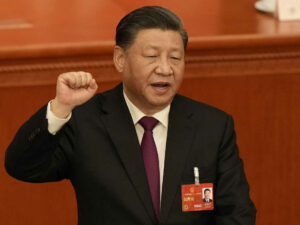
Given China’s drivers, it’s difficult to imagine how this trend could be halted or reversed short of the collapse or overthrow of the CCP. That’s coming but of course it’s impossible to predict when.
Richard Smith wrote his UCLA PhD thesis on the contradictions of market reform in China. He held postdoctoral appointments at the East-West Center in Honolulu and Rutgers University. He is the author of Green Capitalism: The God that Failed (2016) and China’s Engine of Environmental Collapse (2020). His articles have appeared in New Left Review, Real-World Economics Review, The Ecologist, Journal of Ecological Economics, ATC, Spectre, Tempest, and other media. Richard is a founding member of systemchangenotclimatechange.org and has written ecosocialist pamphlets for the DSA Ecosocialist Working Group. Most of his writings can be downloaded at richardanthonysmith.org.

Given China’s drivers, it’s difficult to imagine how this trend could be halted or reversed short of the collapse or overthrow of the CCP. That’s coming but of course it’s impossible to predict when.
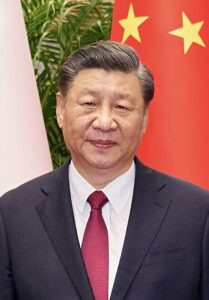
If Xi’s Chinese-style modernization has shattered the myth that modern-is-Western, then why is his economy still so dependent on Western science and technology?

In fact, China’s “miracle” was neither an “unprecedented feat” nor as rapid as the modernizations of its own East Asian neighbors, let alone characterized by “long-term social stability.”

Xi’s “new type civilization” is the opposite of all this. Instead of enlightenment, emancipation, freedom, critical thinking, science and democracy.
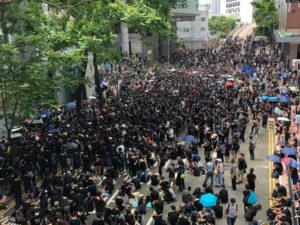
Ecosocialists must stand in support of the millions of democracy protesters in Hong Kong and call on American trade unions and the left to join us. The Chinese Communist Party is on a suicide mission to destroy planet Earth in . . .
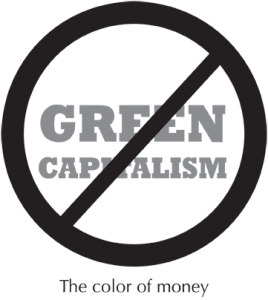
Climate scientists tell us we face a “climate crisis”: Since the 1990s, scientists have been trying to convince governments to keep atmospheric CO2 concentrations below 350 ppm in order to keep the global temperature below 1.5 degrees Centigrade above pre-industrial . . .
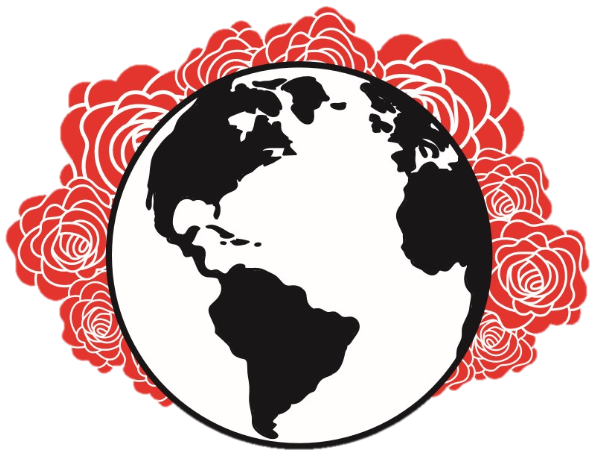 “Deindustrialization.” That’s a word you virtually never hear in the debate around global warming. Not surprising. It’s a word that’s loaded with negative implications: economic collapse, mass layoffs, falling living standards. Who wants to think about those, let alone think about this as a strategy of suppressing CO2 emissions?
“Deindustrialization.” That’s a word you virtually never hear in the debate around global warming. Not surprising. It’s a word that’s loaded with negative implications: economic collapse, mass layoffs, falling living standards. Who wants to think about those, let alone think about this as a strategy of suppressing CO2 emissions?
 I don’t need to tell you we face an existential threat. Scientists tell us we face a “climate emergency.” Last year was the hottest year ever recorded, beating 2014, which beat 2012. We break new records every year. The fourteen hottest years ever recorded have been recorded since 2000. January and February temperatures were torrid.
I don’t need to tell you we face an existential threat. Scientists tell us we face a “climate emergency.” Last year was the hottest year ever recorded, beating 2014, which beat 2012. We break new records every year. The fourteen hottest years ever recorded have been recorded since 2000. January and February temperatures were torrid.